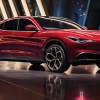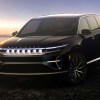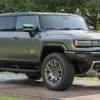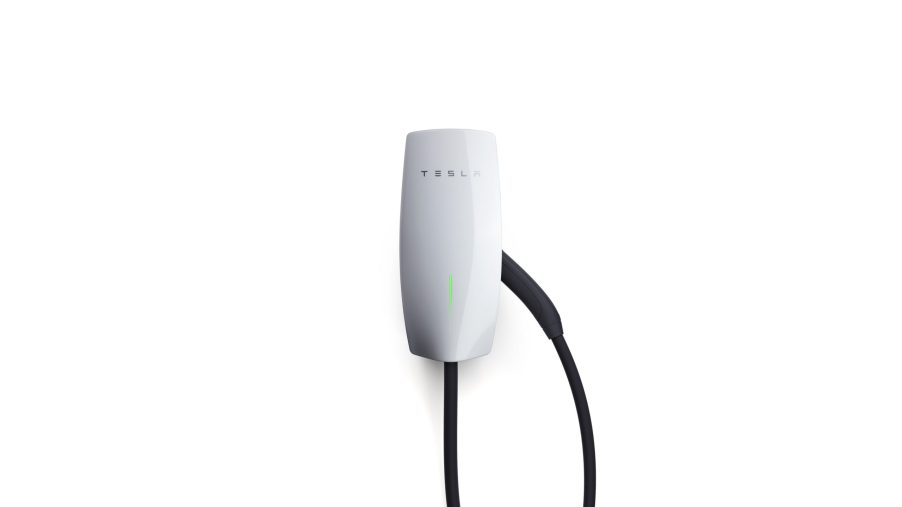
Tesla Just Released Home Chargers for All Electric Cars, but Why?
With unmatchable stealth, Tesla just released Level 2 home chargers that work on every North American electric car. This happens on the same day Tesla’s universal Superchargers open up in the Netherlands. But the motives and reasoning behind this expansion aren’t exactly clear. So let’s take a deeper dive into the home charger technology Tesla released, and how much it’ll cost.
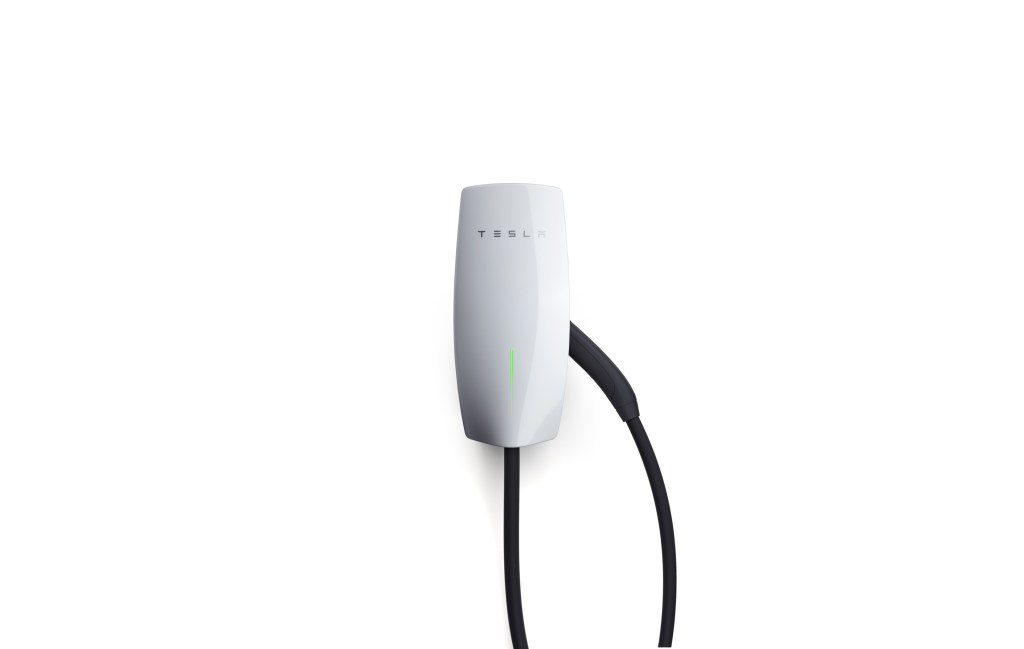
The new universal Tesla home charger is a Gen 2 model
Tesla owners were able to purchase a Gen 3 electric car charger to have in their homes. But for anyone looking to buy this universal J1172 wall charger, they’re limited to the Gen 2 model. That sounds like a downgrade, but in reality, there are no major sacrifices between Gen 2 and Gen 3 chargers.
The only major difference is that the Gen 2 chargers don’t have the WiFi compatibility feature Gen 3 chargers do, which allows Tesla owners to control charging with their smartphone. And there’s very little difference in terms of price, with the universal J1172 charger having an advantage.
The Gen 3 Tesla home charger will cost you $500, while the universal home charger will only run you $415. So whether you own a Tesla or not, you should buy the universal charger, right? Well, not exactly. Tesla’s website explicitly states that you should use the traditional Gen 3 charger if you own a Tesla. But both of these Level 2 electric car chargers beat out competitors, as other home chargers cost close to $1,000.
So if you own a non-Tesla electric car, this new universal charger may be the best and cheapest option available. And this isn’t the first time Telsa has made it easier for other electric car models to charge.
The company’s continued effort to make electric cars more accessible to everyone
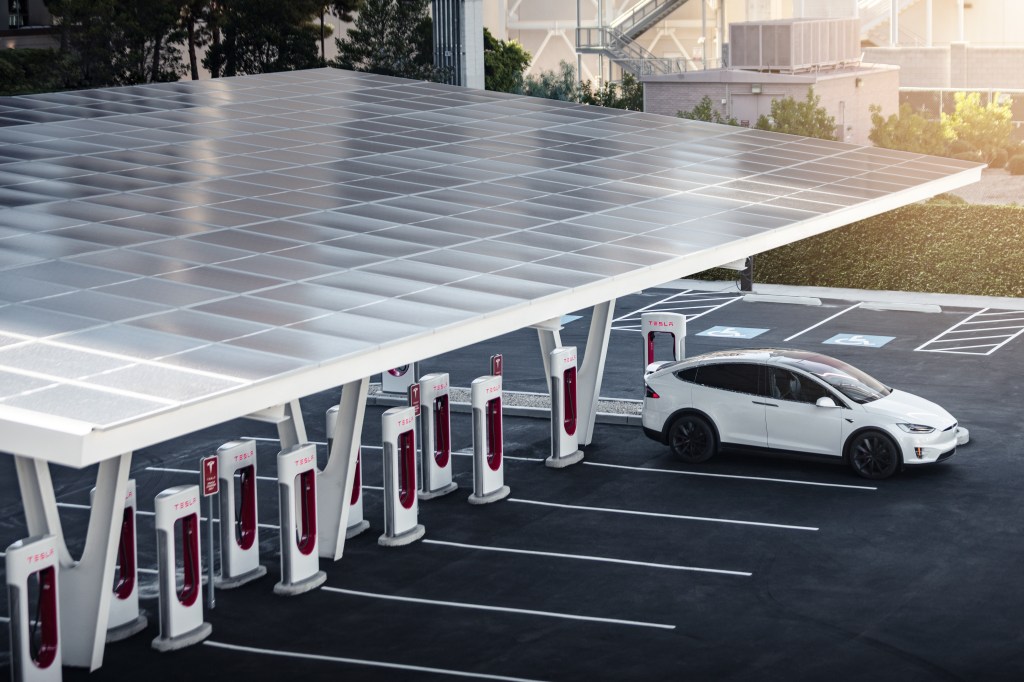
The two biggest complaints of electric car owners and skeptics are that charging is slow and charging stations are scarce. But the Tesla Supercharger network is the largest collection of fast chargers in America, and they’ve just opened universal superchargers in the Netherlands. This means that, for all-electric car owners, the charging problem is slowly being solved.
In their press release, Tesla confirmed that the pilot test of universal Telsa Superchargers in the Netherlands will be monitored and, eventually, expanded to other markets. At what rate that expansion will happen is unclear. But if I had to take a guess, Europe will see universal Superchargers before America does. After all, the Tesla Model 3 was Europe’s best-selling car in September.
There are also adapters available for non-tesla cars to charge at regular Tesla charging stations. But these improvements might make sense, as Tesla is opening the door to more potential customers.
Tesla will bring in more customers with these universal Superchargers and inexpensive home chargers
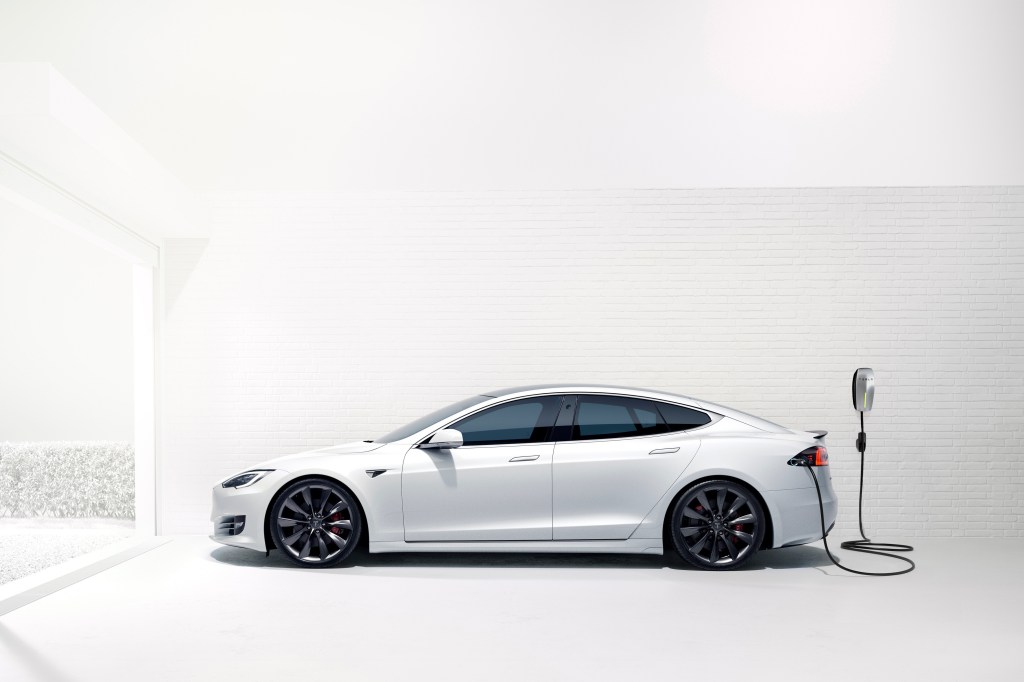
The company is slowly catering to more than just Tesla electric cars. And this shift in demographic will not only make owning an EV easier but will get Tesla more customers. While all EVs can use a universal Supercharger in the Netherlands, it may be more expensive to do so than if you were charging a Tesla.
The exact wording in this Tesla Press Release is that “pricing for Non-Tesla drivers reflects additional costs incurred to support charging a broad range of vehicles and adjustments to our sites to accommodate these vehicles.” That sounds like marketing talk for “it’s more expensive because there’s more variety.”
And with the home charger, which is cheaper than most non-name-brand competitors, other electric car owners may flock to it. But what about home chargers straight from the original manufacturer? Well, for Ford electric cars, an at-home Level 2 charger costs $800. And for the Nissan Leaf, a home charger will cost $1,600.
But perhaps the same risks apply to non-Tesla cars using the Tesla universal electric car charger as it does with Telsa vehicles using non-Tesla chargers. The technology is still adapting, and while the J1772 connector is fairly standard, not every aspect of electric car charging has been streamlined. But either way, Tesla is sure to draw in more customers with these new home chargers and universal electric car Superchargers.
